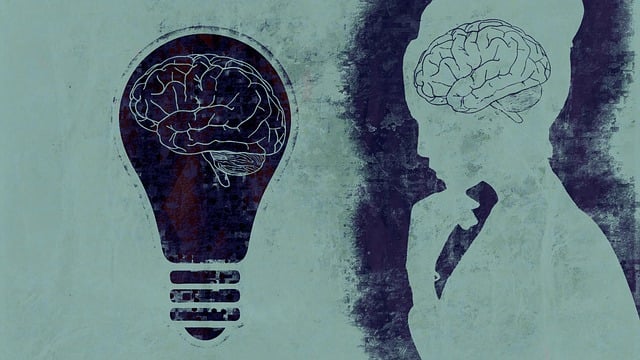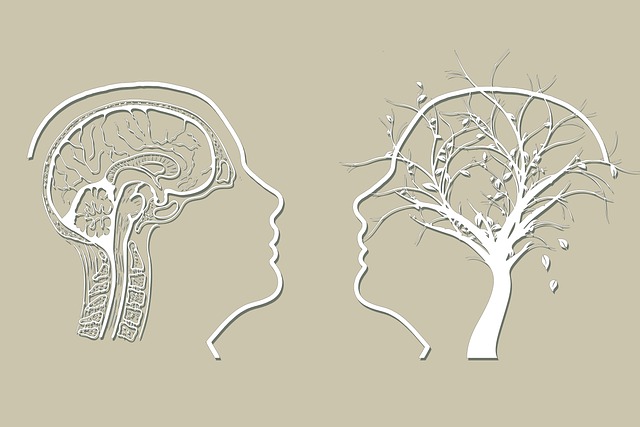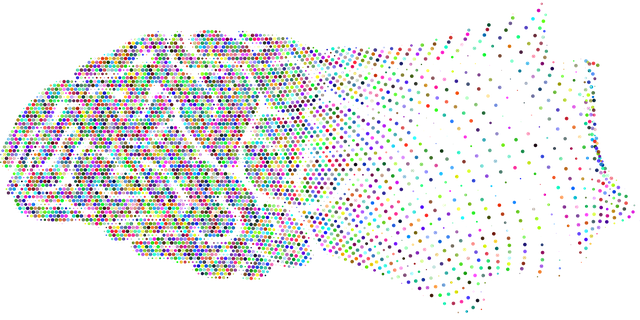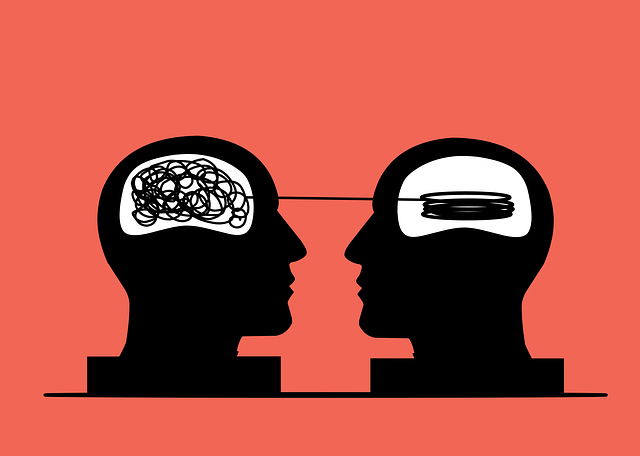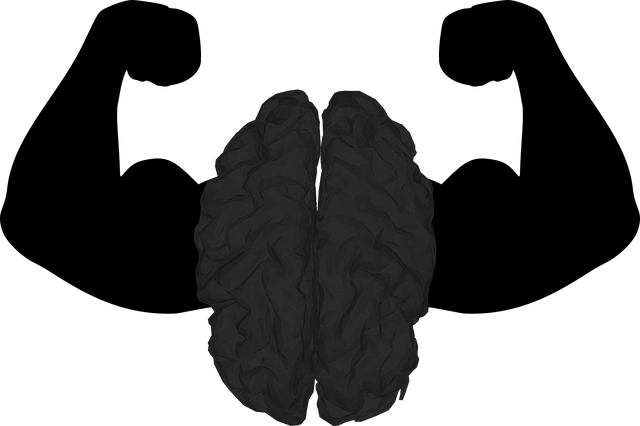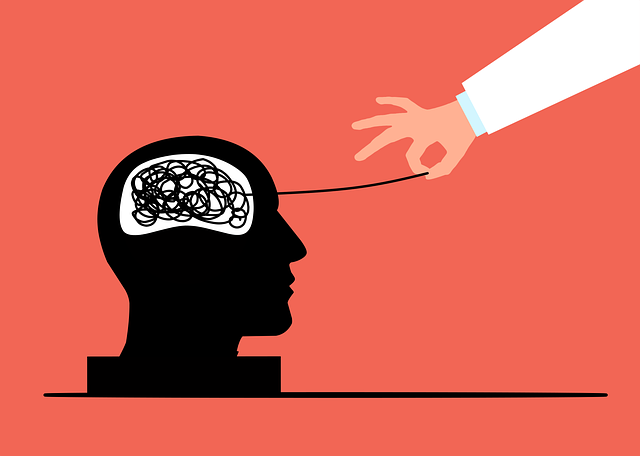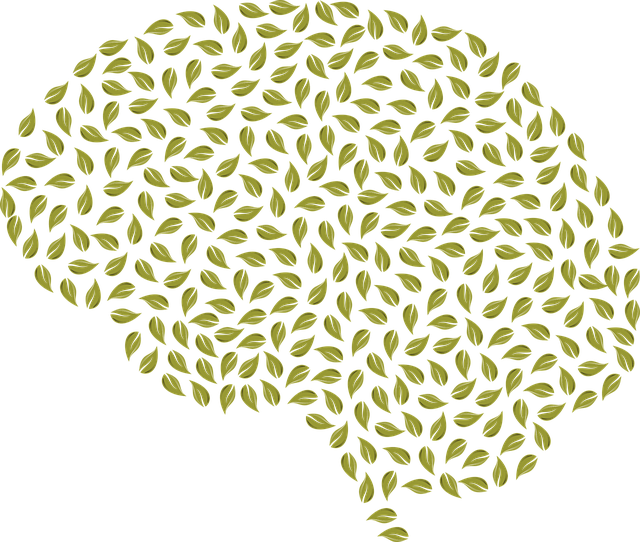Codependency in children, fueled by familial dynamics and environmental stressors, often goes unnoticed but profoundly impacts their well-being. Early intervention through tailored therapy addressing attachment issues and stress management is crucial. Healthcare providers must be culturally sensitive to prevent burnout while assisting these families. By reducing stigma through education, policy reform, and cognitive behavioral therapy (CBT), we can encourage open dialogue about mental health, empowering children to access necessary codependency support without fear of judgment, ultimately fostering their resilience and overall well-being.
Mental illness stigma significantly impacts young minds, often hindering access to essential care. This article explores efforts to reduce this harmful societal construct, focusing on codependency in children and its mental health implications. We delve into the stigma surrounding mental illness among youth, highlighting its detrimental effects. Furthermore, effective therapy approaches are examined to combat stigma and foster healing, with a special emphasis on strategies tailored for children struggling with codependency.
- Understanding Codependency in Children and its Impact on Mental Health
- The Stigma Surrounding Mental Illness and Its Effect on Young Minds
- Effective Therapy Approaches to Combat Stigma and Foster Healing
Understanding Codependency in Children and its Impact on Mental Health

Codependency in children is a complex issue that often goes unnoticed but can significantly impact their mental health and overall well-being. This behavioral pattern typically arises from an early age, influenced by familial dynamics and environmental factors. Children who grow up in households with high levels of stress, emotional instability, or dysfunctional relationships may develop codependent behaviors as a coping mechanism. They learn to meet the needs of others, often at their own expense, leading to a distorted sense of self and difficulty setting boundaries.
Early intervention through therapy for children experiencing codependency is crucial. By addressing these issues, therapists can help them develop healthier attachment styles and improve stress management skills. Burnout prevention strategies for healthcare providers working with these cases are essential, as they must approach each child with cultural sensitivity in mental healthcare practice, tailoring support to meet their unique needs without pathologizing their behaviors. Effective treatment not only enhances the child’s mental health but also strengthens family relationships and fosters a more supportive environment.
The Stigma Surrounding Mental Illness and Its Effect on Young Minds

The stigma surrounding mental illness can have a profound impact on young minds, often leading to delays in seeking help and support. In today’s world, where issues like anxiety, depression, and other psychiatric disorders are increasingly common among adolescents, breaking down the associated barriers is essential for their well-being. Young individuals facing codependency issues or those who have experienced trauma require specialized care and understanding, which therapy for children can provide.
This invisible shame often prevents youth from openly discussing their struggles, affecting their academic performance, social interactions, and overall mental health. As a result, many suffer in silence, feeling isolated and misunderstood. The impact extends beyond the individual, influencing their families and communities as well. Therefore, raising awareness, promoting education, and advocating for better mental health policy analysis are crucial steps towards fostering an environment where young people can develop inner strength and access the trauma support services they need without fear of judgment.
Effective Therapy Approaches to Combat Stigma and Foster Healing

Stigma reduction efforts often focus on educational initiatives and policy changes, but therapeutic approaches play a crucial role in fostering healing and understanding. Specifically, cognitive-behavioral therapy (CBT) has proven effective in addressing mental illness stigma by helping individuals challenge negative thoughts and beliefs. For children dealing with codependency issues, CBT can empower them to develop healthier relationships and a stronger sense of self, thereby reducing the internalized stigma associated with their mental wellness struggles.
In addition to CBT, mindfulness-based therapies and self-awareness exercises have gained prominence. These practices encourage individuals to cultivate present-moment awareness and non-judgmental acceptance of their thoughts and emotions. By integrating self-care routine development for better mental health into therapeutic modalities, we can create a more holistic approach to combating stigma. This involves encouraging clients to engage in regular physical activity, maintain balanced diets, and establish consistent sleep patterns – all contributing factors to improved mental wellness.
Mental illness stigma, particularly when manifest in codependent relationships, significantly hinders young minds from seeking necessary therapy. By understanding the intricate link between codependency and mental health, we can foster more inclusive environments that encourage open dialogue about mental wellness. Effective therapy approaches, tailored for children grappling with codependency, offer promising paths to healing. These strategies not only address individual needs but also promote resilience and better coping mechanisms, ultimately reducing the stigma surrounding mental illness and empowering younger generations to prioritize their psychological well-being.

